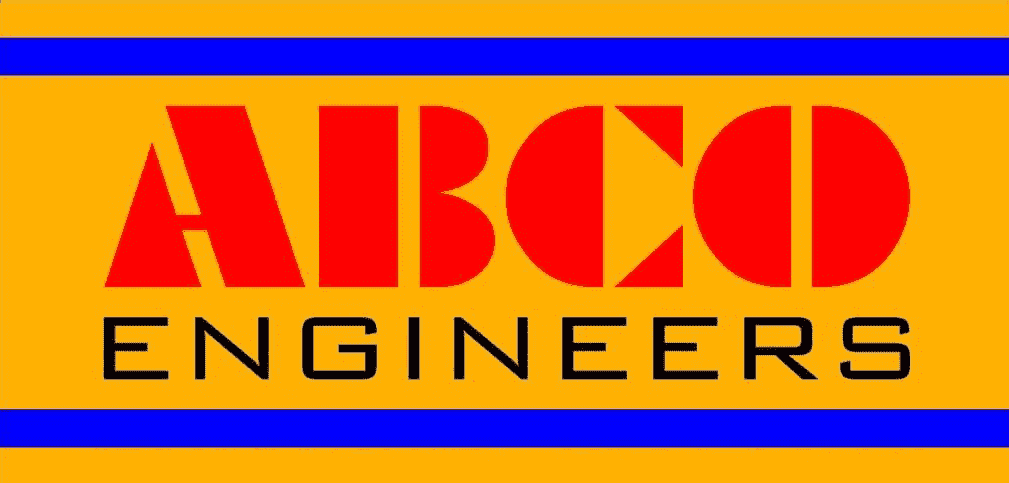Key Features of Odoo ERP That Drive Business Efficiency
October 27, 2025 | by IoT Development Company

In today’s competitive digital landscape, businesses must operate with maximum efficiency to remain profitable and scalable. Managing diverse operations—finance, inventory, human resources, customer relations, and production—can be complex and time-consuming when handled through disconnected systems. That’s where ERP development services Odoo ERP (Enterprise Resource Planning) steps in.
Odoo, an open-source ERP platform, has become one of the most powerful and versatile business management solutions available. With its modular design, user-friendly interface, and vast customization capabilities, Odoo helps organizations streamline workflows, automate routine tasks, and make data-driven decisions—all within a single unified system.
Let’s explore the key features of Odoo ERP that drive business efficiency and make it a preferred choice for modern enterprises.
1. Modular and Scalable Architecture
One of Odoo’s most impressive strengths is its Odoo ERP for Saudi Vision 2030 Business Growth modular structure. Unlike traditional ERP systems that require full implementation at once, Odoo allows businesses to start small and scale gradually.
You can begin with core modules like Accounting, Sales, CRM, and Inventory, and later expand to advanced ones such as Manufacturing, HR, Marketing Automation, and Project Management as your business grows.
This modularity ensures that businesses only pay for what they need, while maintaining the flexibility to add new features without disrupting ongoing operations.
Efficiency advantage:
Scalability reduces implementation costs and time, allowing companies to adapt their ERP as they grow rather than overhauling systems entirely.
2. Unified Platform for All Business Functions
Odoo integrates all critical business operations into one seamless platform. Whether it’s managing customers, tracking inventory, or processing payroll, Odoo ensures that every department communicates efficiently.
For example:
-
Sales and Inventory modules work together to update stock levels automatically after each sale.
-
CRM integrates with Marketing to enhance customer engagement.
-
Accounting receives real-time updates from Purchasing and Invoicing modules.
This eliminates data silos and ensures that all teams have access to consistent, real-time information.
Efficiency advantage:
Centralized data reduces redundancy, improves accuracy, and enhances cross-departmental collaboration.
3. Powerful Automation Capabilities
Odoo’s automation features are designed to save time and minimize manual errors. Through configurable workflows, the system can automatically perform tasks such as:
-
Sending invoice reminders
-
Generating purchase orders when stock levels fall
-
Following up on leads
-
Scheduling manufacturing processes
Businesses can also automate repetitive HR functions like employee onboarding or leave management.
Efficiency advantage:
Automation frees up employees’ time for strategic tasks, increases consistency, and speeds up operational processes.
4. Real-Time Data Analytics and Reporting
Data is the lifeblood of business efficiency. Odoo provides real-time dashboards and advanced reporting tools that give decision-makers full visibility across departments.
From sales trends to cash flow analysis and inventory movement, Odoo’s analytics help identify performance bottlenecks and opportunities for improvement.
Moreover, Odoo’s customizable dashboards allow users to visualize data the way they prefer—charts, graphs, or pivot tables—making analysis intuitive and actionable.
Efficiency advantage:
Instant access to key performance indicators (KPIs) enhances strategic planning and supports data-driven decision-making.
5. Seamless Integration with Third-Party Applications
Modern businesses often rely on multiple tools for marketing, communication, and operations. Odoo’s open architecture and API support make integration with third-party platforms smooth and efficient.
For instance, Odoo can easily connect with:
-
E-commerce platforms: Shopify, WooCommerce, Magento
-
Payment gateways: PayPal, Stripe, Authorize.net
-
Communication tools: Slack, Gmail, Outlook
-
Shipping services: FedEx, DHL, UPS
These integrations ensure that data flows seamlessly across all systems without duplication or manual intervention.
Efficiency advantage:
Integrations eliminate repetitive data entry, reduce human errors, and streamline the entire business workflow.
6. Intuitive and User-Friendly Interface
ERP systems are often perceived as complex and difficult to navigate. However, Odoo stands out with its modern, clean, and highly intuitive user interface.
Users can easily switch between modules, search records quickly, and customize dashboards according to their roles and preferences. The minimal learning curve accelerates user adoption, which is critical for successful ERP implementation.
Efficiency advantage:
An easy-to-use interface enhances productivity and reduces training time for new users.
7. Comprehensive CRM (Customer Relationship Management)
Odoo’s CRM module is one of the most powerful tools for managing leads, opportunities, and customer interactions. It provides businesses with a 360-degree view of the customer journey—from initial contact to post-sale support.
Features like lead scoring, automated follow-ups, activity scheduling, and detailed pipeline management empower sales teams to close deals faster and improve customer satisfaction.
Efficiency advantage:
Enhanced customer insights help businesses personalize engagement, improve retention, and boost revenue growth.
8. Advanced Inventory and Supply Chain Management
For companies dealing with logistics, distribution, or manufacturing, Odoo’s Inventory and Supply Chain modules are game-changers.
Key functionalities include:
-
Real-time stock tracking
-
Barcode scanning
-
Multi-warehouse management
-
Reordering rules and batch transfers
Odoo’s integration with Sales, Purchase, and Manufacturing modules ensures complete visibility into the supply chain.
Efficiency advantage:
Accurate inventory control minimizes stockouts and overstocking, leading to better resource utilization and reduced operational costs.
9. Accounting and Financial Management
Financial management is at the core of any ERP, and Odoo’s Accounting module simplifies even the most complex processes.
It includes:
-
Automated journal entries
-
Bank reconciliation
-
Expense management
-
Real-time profit and loss reports
-
Multi-currency support
Because Odoo’s accounting is integrated with all other modules, financial data updates automatically, providing an accurate picture of business performance.
Efficiency advantage:
Automation and integration reduce errors, improve financial transparency, and simplify compliance.
10. Customization and Open-Source Flexibility
One of Odoo’s biggest advantages is its open-source nature, which allows complete customization to meet specific business requirements.
Developers can modify existing modules or build entirely new ones using Odoo Studio or the Odoo development framework. This flexibility ensures that the ERP system evolves with your business processes rather than forcing you to adapt to rigid workflows.
Efficiency advantage:
Tailored solutions align perfectly with company needs, maximizing usability and performance.
11. Cloud and On-Premise Deployment Options
Odoo provides businesses with the freedom to choose between cloud-based and on-premise deployment models.
-
Odoo Online (Cloud): Offers automatic updates, scalability, and reduced maintenance.
-
Odoo On-Premise: Gives businesses full control over their data and infrastructure.
This flexibility ensures that organizations can choose the deployment model that best fits their operational and compliance needs.
Efficiency advantage:
Flexible hosting options allow businesses to optimize costs and security according to their preferences.
Conclusion: Empowering Efficiency Through Odoo ERP
Odoo ERP stands out as a comprehensive business management platform that drives efficiency across every layer of an organization. Its modular architecture, automation capabilities, integrated analytics, and customization options enable businesses to work smarter, not harder.
By streamlining workflows, improving visibility, and empowering decision-makers with real-time insights, Odoo helps organizations stay agile and competitive in a fast-paced market.
Whether you’re a startup seeking better control or an enterprise aiming to unify complex operations, Odoo ERP offers the tools, scalability, and innovation to transform your business efficiency for the long term.
RELATED POSTS
View all



